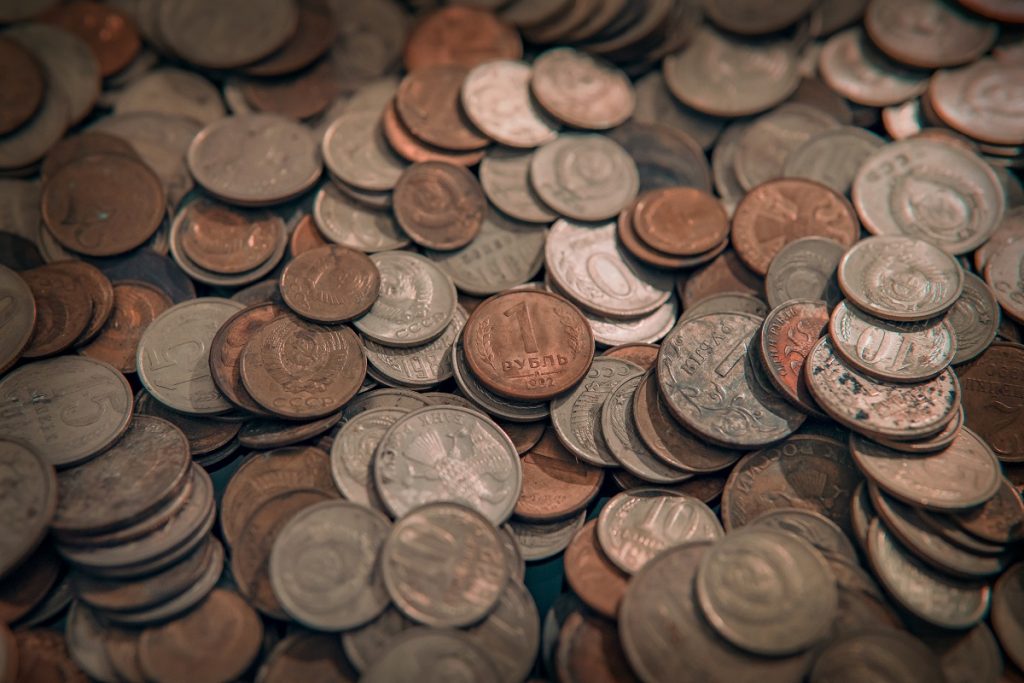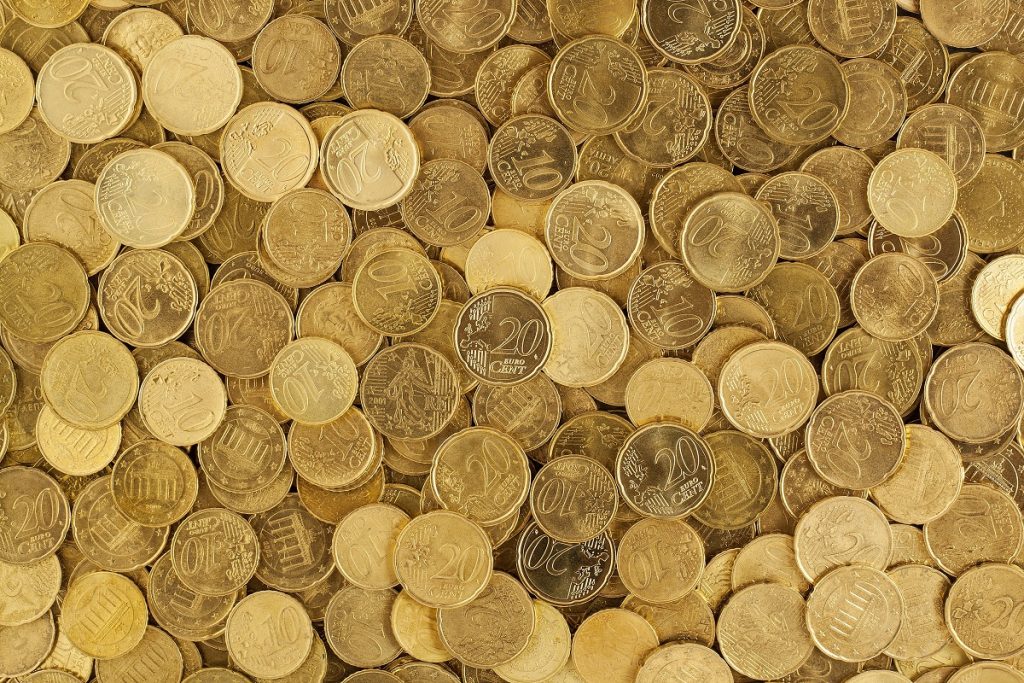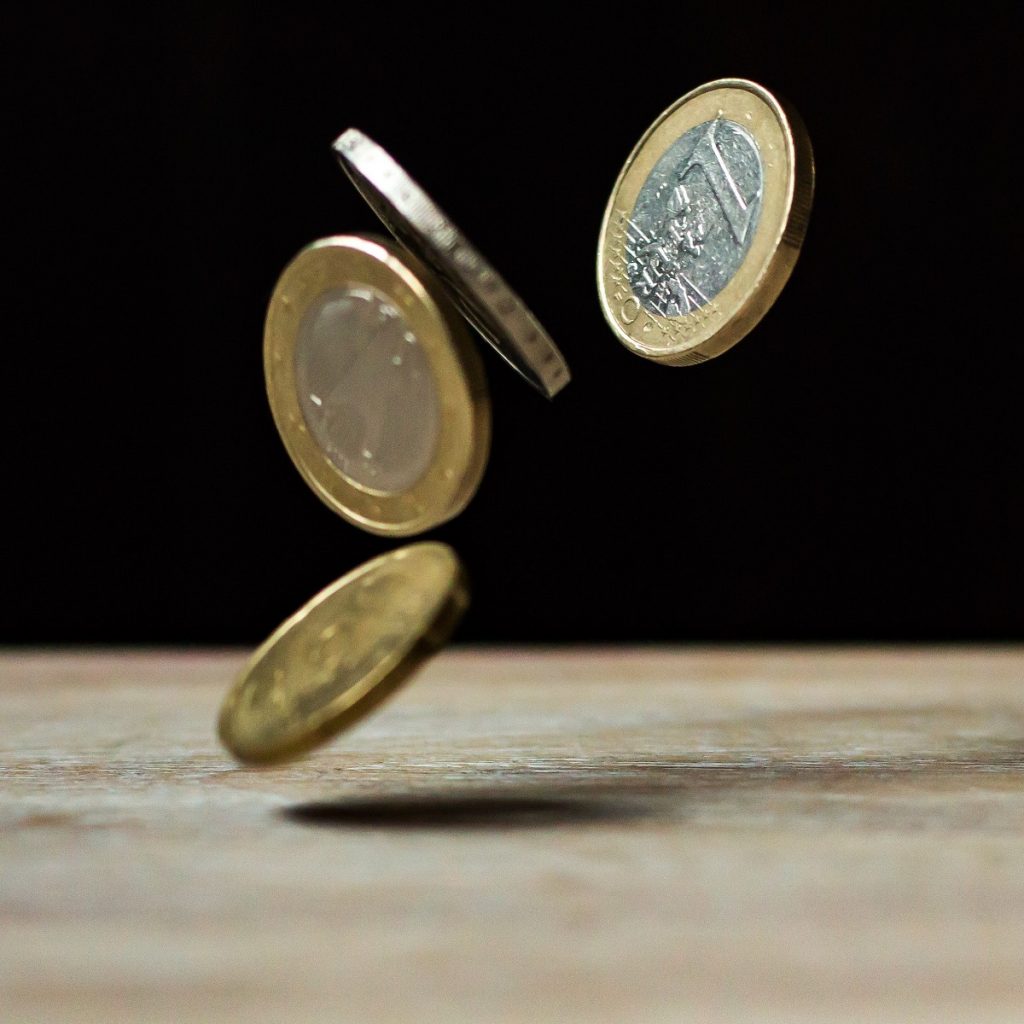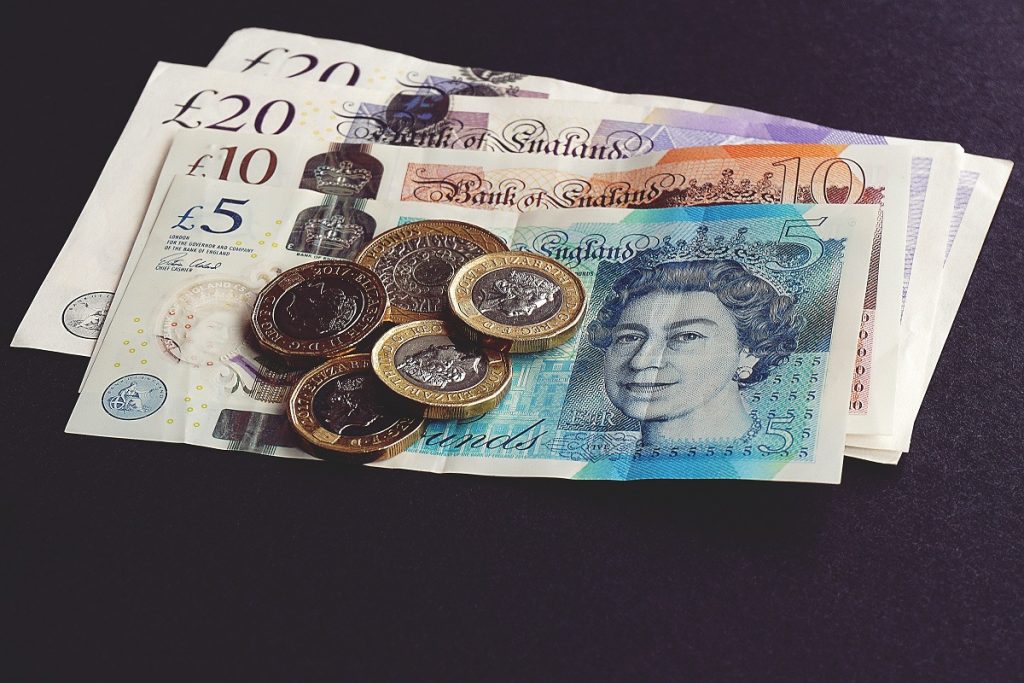History often involves money and the more you ask about money, the more you’ll learn about history. Asking how much is a shilling worth can lead you to understand how important that coinage was in 1940s. Asking why monthly wages are called salary may lead you to believe that Roman soldiers were paid in valuable salt, when in truth the money was a stipend for purchasing salt.
But if you’re going to ask about British currency, you’re probably going to be very confused by the different terms people in the UK refer to their money. One recurring question seems to be how much is a quid?
Today, learn the distinction of quid versus pound and what is a quid worth.
Where did the Quid Come From?
 Photo by Dmitry Demidov on Pexels
Photo by Dmitry Demidov on Pexels
The truth about quid versus pound is that there really is no difference between them. They are different terms for the same thing: the pound sterling. Prior to the modernization of British currency, ranging from the time of Churchill’s early years to most of the 19th and even 18th centuries, the British pound was the only paper currency in the country.
The pound or quid has a long and illustrious history that starts not at the Edwardian era nor even the Victorian era but from the Roman occupation of Britain. Back when the edict of Rome held sway over the British Isles, the term “pound sterling” was quite literal. The most valuable coinage in the empire was worth exactly one pound of high-quality silver. Over the centuries, the term for the coin stuck, and eventually adopted into the official name for the currency of the United Kingdom.
How Much is a Quid?
 Photo by Pixabay on Pexels
Photo by Pixabay on Pexels
As previously stated, the pound and quid are the same thing, like when Americans call a dollar a buck. But what is a quid worth?
In the days of Churchill, his wealth would have been entirely in pounds and he would have spent mostly coinage if not purchased things on credit. In those days, the system of British currency was dominated by dozens of different coins such as the farthing, the guinea, the florin and the groat. But the most common of these coins was the shilling.
Prior to decimalization, a quid or pound sterling was worth 20 shillings. The shilling itself is then further divided into 12 pennies. Therefore, a quid in Churchill’s day would have been worth 240 pennies or 480 halfpennies. There’s also the matter of the British crown, a special heavy silver coin that was worth 5 shillings. This meant that a quid was worth four crowns.
When Britain finally switched to the decimal currency system in 1971, the pound sterling became the standard currency. From being worth 20 shillings and 240 pennies, the quid was suddenly worth 100 pennies. People were given time to adjust to this radical change in value and many shops had helpful signages posted upfront to help customers with their conversion.
Why is it Called a Quid?
 Photo by Pixabay on Pexels
Photo by Pixabay on Pexels
Now that you know how much a quid is worth, you may be wondering how exactly did British people begin calling the pound a quid.
The etymology of the word is just as fascinating as the history of the actual coin. It seems that linguists and historians can’t seem to agree where the term originates from.
Below are some contenders for the origin of the word quid and how it came to be associated with the pound sterling.
- The most common theory suggests that the term is derived from the Latin phrase “quid pro quo,” which indicates an exchange. This is ties in to both the Roman occupation and the evolution of words as it trickles down society.
- Another theory posits that the term is derived from the Gaelic term “cuid.” The word is Irish in origin and can mean multiple things, including portion, piece or thing. Given that quid is a name often used by people on the streets and working-class British folk, the theory may have more merit.
- One less likely theory puts forth that the term originates not from the United Kingdom but from the American Colonies. The theory goes that the descendants of the original Scottish and Irish colonist became marines, later known as Squids. When the American Revolution was won, these disenfranchised marines were returned to England the name transferred to the currency. This seems the least likely of all theories about the origin of quid.
Whether the term quid comes from Latin or Gaelic, the term persists to this day. The origins of the name may not affect how much is quid, but it still helps paint a picture of the world Churchill and people in the past traversed.


